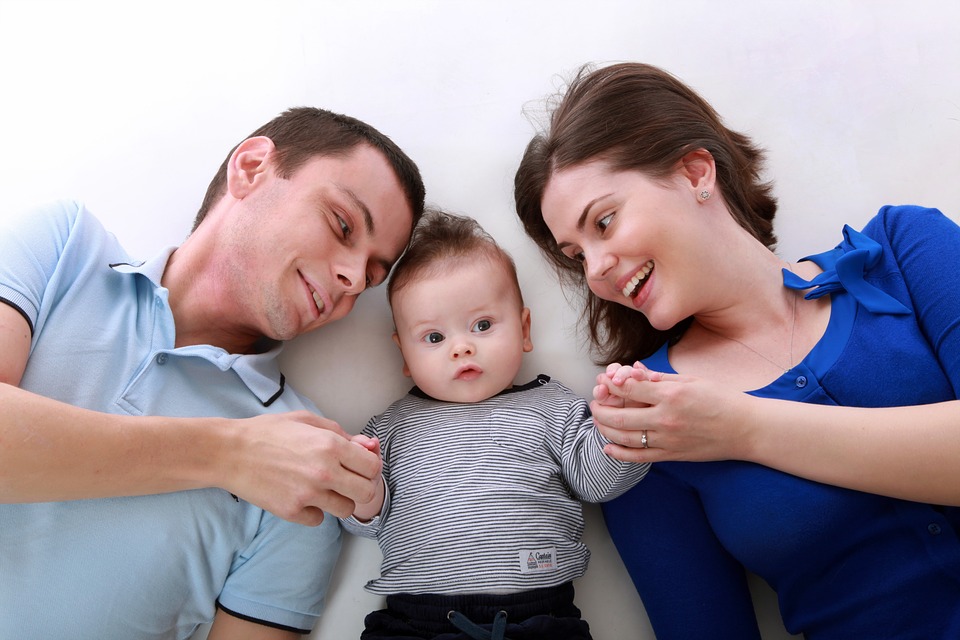 Whenever a child is born, the lives of two people are inevitably changed forever as they become parents. Whether married or not, it is important to the development and well-being of a child for his or her parents to maintain a solid parenting relationship founded in mutual respect.
Whenever a child is born, the lives of two people are inevitably changed forever as they become parents. Whether married or not, it is important to the development and well-being of a child for his or her parents to maintain a solid parenting relationship founded in mutual respect.
This means making a commitment to keeping your marriage strong if married, or if not married, committing to treating your fellow parent with a respectful and supportive attitude.
Show Mutual Respect To Each Other
“Co-parenting” is more common than it was in previous decades, and it has often become the new norm for kids with parents in separate homes. Each parent likely has their version of why their separation occurred and the change it caused in their relationship.
A father and mother who respect and accept each other and let their children know it provide a secure environment in which their children can thrive. The powerful “hidden” message in this type of relationship is “If mom and dad accept each other, I must be accepted too.”
Co-Parenting Your Child With The Child In Mind
The basis of effective co-parenting is this:
The “couple relationship” is not what is trying to be preserved; at least not for the sake of that relationship. Your relationship with your ex is not the focus. Co-parenting is about each parent’s individual relationship with the child and raising them in a healthy, mutually-respective environment.
Effective co-parenting requires:
- Open, clear communication between the parents regarding matters related to the care of the child.
- A willingness to work together and find solutions with each other to meet the child’s needs while keeping only the child’s needs in mind.
- Talking positively about the other parent to yourself and the child, which reinforces the good in the child’s relationship with each parent.
- Allowing the child to have a relationship with each parent without influence or emotional bargaining based on the emotion or conflict of the “ex-couple” relationship. Simply put, you don’t have to like each other, but your child should be able to like both of you without feeling they’ve upset or disappointed either one of you because of it
- Agreeing on the role or involvement of extended family since you and your partner’s separation doesn’t mean the dissolution of your child’s extended family relationships.
- For the child to believe that the separation was not their fault. Both you and your ex need to make it clear to the child that you both still love and support them.
- Avoiding playing “games” with your partner or using the child as leverage to meet your own goals. Children should not be questioned or asked to document or report back about the other parent or what goes on during their visits. They can share concerns as needed, especially if there are credible worries about their care with the other parent, but they shouldn’t be in a place of managing the “ex-couple” relationship.
- Having consistent, clear rules between each home, as well as behavioral expectations and common forms of discipline to build security and clarity for the child. Although the parents don’t live together, it doesn’t mean each home for the child is so drastically different that it would require major adjustments.
Overall, the child’s development of a healthy relationship with each parent is the goal of effective co-parenting. It is best to work together with your ex outside of “ex-couple” issues and conflicts to ensure the child gets the nurturing, security, and love they need by recognizing that both mother and father play an essential role in the development and growth of the child.
